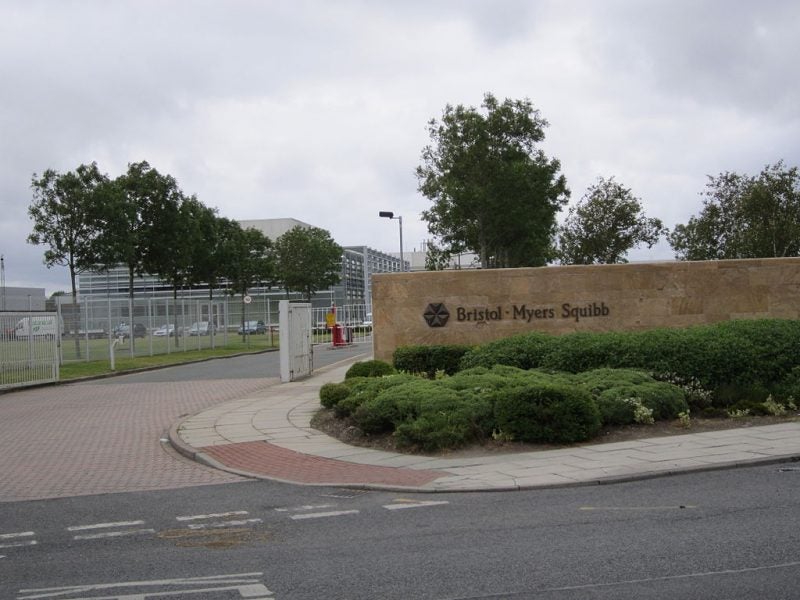
Bristol-Myers Squibb (BMS) has reported that the CheckMate -915 study of Opdivo (nivolumab) and Yervoy (ipilimumab) combination failed to meet one of the co-primary endpoints in patients with melanoma.
Opdivo is the company’s programmed death-1 (PD-1) immune checkpoint inhibitor that uses the body’s immune system against cancer.

Discover B2B Marketing That Performs
Combine business intelligence and editorial excellence to reach engaged professionals across 36 leading media platforms.
Yervoy is a recombinant, human monoclonal antibody designed by the company to attach to and block the cytotoxic T-lymphocyte-associated antigen-4 (CTLA-4), which negatively regulates T-cell activity.
The randomised, placebo-controlled, double-blind Phase III CheckMate -915 study compared Opdivo and Yervoy combination with Opdivo alone in patients who underwent a complete surgical removal of stage IIIb/c/d or stage IV melanoma.
It involved a total of 1,943 patients who did not receive previous anti-cancer therapy for melanoma, except surgery for lesion(s) and/or adjuvant radiation therapy after removal of central nervous system lesions.
Participants were treated with 240mg intravenous Opdivo every two weeks and 1mg/kg Yervoy every six weeks or 480mg Opdivo every four weeks for 12 months.

US Tariffs are shifting - will you react or anticipate?
Don’t let policy changes catch you off guard. Stay proactive with real-time data and expert analysis.
By GlobalDataData showed that the combination did not achieve a statistically significant benefit for the co-primary endpoint of recurrence-free survival (RFS) in patients with tumours expressing PD-L1 <1%.
A Data Monitoring Committee recommended that the trial can continue without any changes.
The study will remain double-blinded and will continue to evaluate the co-primary endpoint of RFS in the all-comer (intent-to-treat) patient population.
During the open-label, multi-centre, randomised study, the combination was compared to chemotherapy alone as first-line therapy.





